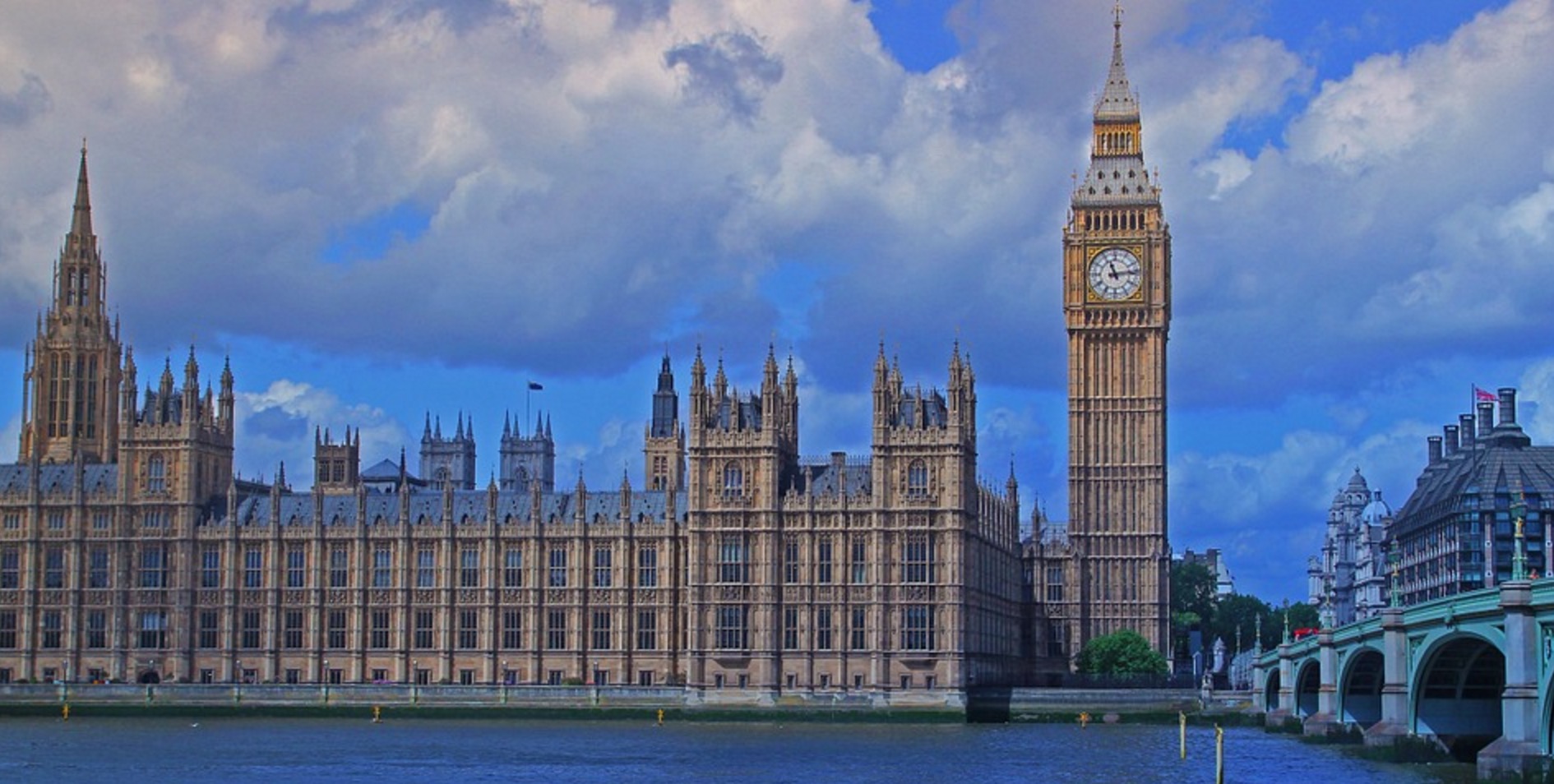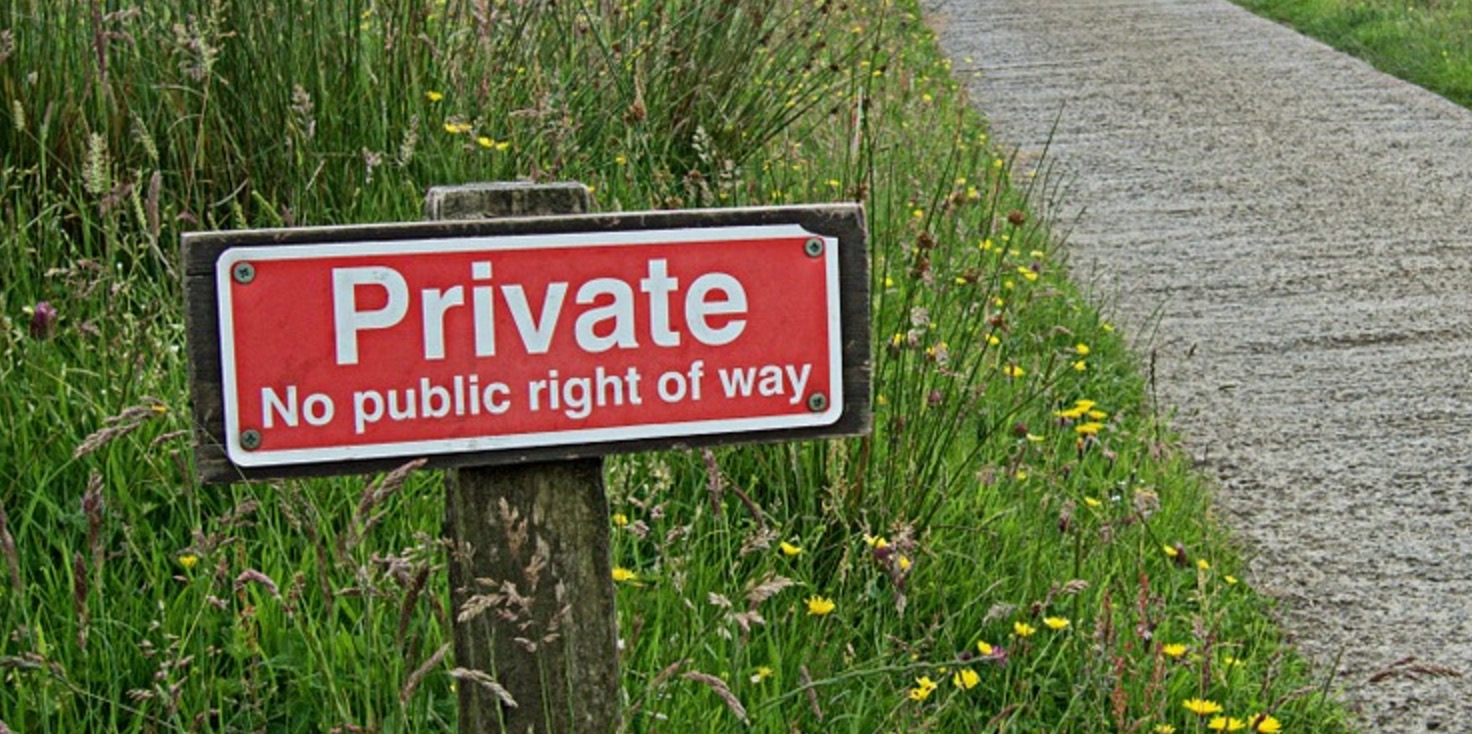Over the past few decades the internet has seen such an incredible increase, the likes of which no other industry has been able to replicate. With over half of the world’s population now having access to an internet connection – browsing the web has never been more popular. As more and more people visit their favorite websites and services from across the globe; the demand for a securer experience recently came to the attention of governments everywhere.
From streaming videos that are typically exclusive to particular regions, all the way to accessing global servers from abroad – the benefits of installing the best VPN services are clear for all to see. Although virtual private networks make it easy to watch pretty much anything from anywhere, not to mention many offering anonymous features to keep browsing habits private and secure – is it any wonder why governments are starting to consider their options?
The World Wide Availability
Media users everywhere will already understand just how exclusive certain services are. Netflix for example, are well known for restricting their content to particular regions, whilst other similar services present similar challenges to international users hoping to enjoy their entertainment. With a private network, it’s easy to modify a server to reflect a specific location, when the user could be on the other wise of the world – and this opens up a host of copyright and security issues that has governments quaking in their boots.

In reality, most services require an account of some sort before any media can be viewed, so what does this mean for someone with a paid account in the Mediterranean for example, who may be hoping to enjoy shows exclusive to the United States? Well, although governments and service providers like Netflix might see private networks as an exploitation of their security – the truth is that a paying customer should be able to access content, wherever they are from.
The Big Brother Approach
It’s no secret that modern society is taking on more and more Big Brother-inspired protocols. What originally began as surveillance for security has now spread into a global monitoring system; and one that makes it possible to track almost every single move than an individual makes online. This includes their internet usage, website visits and everything in between.
Although many services utilize this information in order to improve their services and features – governments [highlight]also keep track of data and store it without the consent of internet users[/highlight]. Although it’s understandable why they may do this (typically relating to criminal activities), the results are that innocent users will often find their data stored without need.
That’s where the private network comes into the fray, and the benefits of being able to disguise these innocent activities is clear for all to see and appreciate. Over the past few years however, governments seem to be turning their attention to online activities, and although it won’t ever be possible to monitor every single byte of data – it’s definitely an option to crack down on virtual network providers.
So, what could this mean for internet users everywhere? In most cases, our top network providers are protected by their own anonymity legislation. But if this ever changes in the future, then there are bound to be services that refuse to bow down to the unnecessary data-tracking demand. That’s the beauty of the internet – where there’s a will, there’s a way. As long as the demand exists, providers will prioritize supplying their network services, so that individuals from around the world can enjoy top shows and movies online.

0 comments